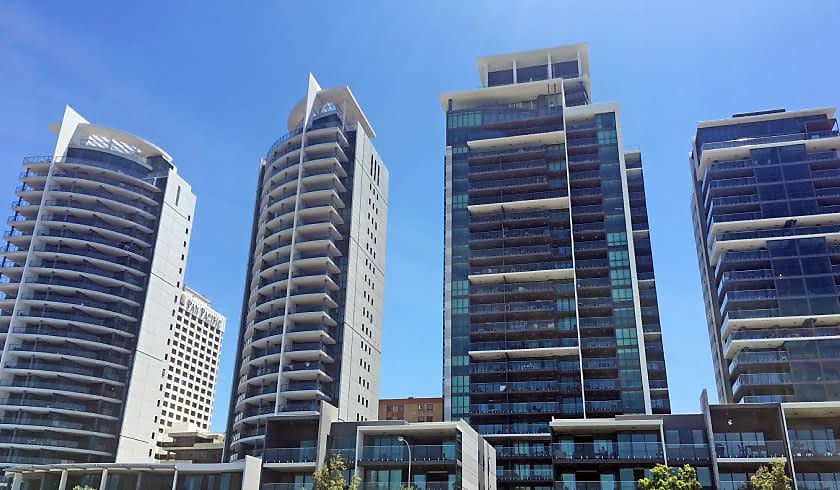WA government introduces land tax relief to inspire rental supply
As the state wrestles with an incredibly tight rental market, the McGowan government recently announced plans to provide tax exemptions for eligible build-to-rent (BTR) developments in a bid to increase supply.

The Land Tax Assessment (Build-to-Rent) Bill 2023, introduced into state parliament on Wednesday, 17 May, will provide a 50 per cent land tax exemption for up to 20 years for eligible BTR developments with the hope of reducing the costs required to complete such projects.
In order to qualify for the exemption, which will be available in the 2023–24 assessment year, a BTR development needs to:
- Contain at least 40 self-contained dwellings available for residential leases
- Be owned by the same owner or group of owners and managed by the same management entity
- Be completed between 12 May 2022 and 1 July 2032
Describing the state’s rental market as “under pressure”, Western Australia’s Premier, Mark McGowan, insisted the legislation exemplifies his government’s commitment to improving rental supply and will help increase the number of rental properties available to meet the state’s growing demand.
“It aims to develop the BTR industry by offering tax relief, increasing the future supply of local rental properties,” he added.
Doubling on the premier’s comments, Western Australian Finance Minister Sue Ellery said the legislation will “help to boost supply of rentals in the future and was a significant commitment we made in last year’s budget as we continue to address the challenges faced by renters in Western Australia.”
A statement from the government also revealed retrospective land tax would apply if an eligible BTR development stopped meeting the criteria within the first 15 years after the exemption was granted.
Ms Ellery explained the proposed changes, which align with the government’s plans to build the state’s rental market’s capacity and boost housing supply, bring the state in line with other Australian jurisdictions, namely NSW and Victoria where “similar tax relief for BTR developments is available”.
Build-to-rent has long been billed as a potentially effective solution to Australia’s rental crisis, with research earlier this month from Savills pointing to $16 billion in institutional capital “either already raised, allocated, or pledged to its [BTR] development.”
Such is the perceived importance of the sector in fighting Australia’s ever-tightening rental markets, the Albanese government announced in its most recent federal budget, delivered earlier this month, that the management investment trust withholding tax would be halved from 30 per cent to 15 per cent in an attempt to inspire greater national BTR activity.
